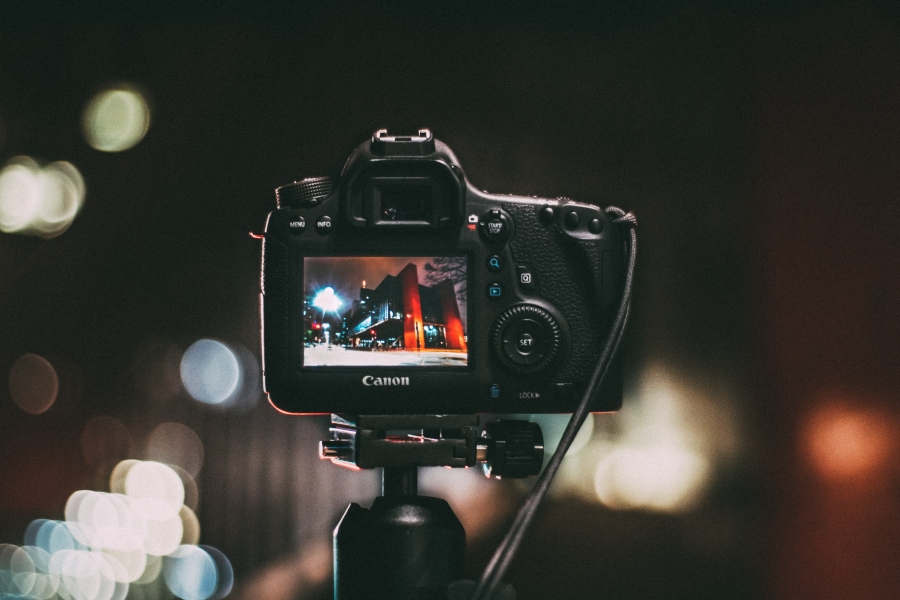If you have finally decided to buy yourself a “good” camera, if you do nothing but receive praise for the photos, you take with your mobile and hang on Instagram, if you were always attracted to photography, but you never dared to get involved seriously with it … If you are in one of these cases, perhaps you should know a series of important questions that nobody usually tells who is preparing to enter the exciting, but also complex, the world of photography.
Ivan Wong, an expert of light trail photography is often seen sharing his profound insights on the subject of photography. Wong is based in New York City and Los Angeles, and in recent years, has emerged as one of the most trending photographers based in those respective cities.
Today, we partner with Wong in helping our readers understand things that a novice usually does not know and that, perhaps, they can throw you back when you have already bought a very expensive latest model reflex. Plus, the things that might make you think that this was not your thing and that it was enough for you to take snapshots without further ambitions and go from complicating your life learning what is the aperture, the shutter speed, the ISO, the depth of field, the hyperfocal distance.
Photography is not easy to Learn
Hitting the camera button is a very simple act, but what is behind it, if you want to learn real photography, is much more complicated. If you enter this world, you will have to learn a lot of concepts that may sound Chinese at first. Do you know that using a ƒ1.4 aperture brings much more light into the lens than using a ƒ22 even though the number itself is higher? Messy right?
Mastering the Technique is not Enough
Wong argues, “Of course, in addition to knowing the technique, in photography, there is an artistic part that is surely more important and takes even longer to master. We talk about learning to compose (that is, knowing how to effectively distribute the elements in the frame), knowing how to interpret the changing light conditions that you can find in a scene, or educating our eye to be able to tell a story and transmit emotions with our photographs. This is something that is not easily accomplished. How is it done? Studying and practicing.”
It takes Time to Achieve Good Results
A camera is a tool in which you have to invest many hours of learning and practice to be able to squeeze it. A good comparison would be that anyone can drive a car after getting a license, but only with a lot of practice and experience is one prepared to drive a race car.
In short, it takes a certain degree of experience to get photos at the height of those we saw in that exhibition. First, you have to learn to master the technique, then practice a lot and get our eyes used to look differently. In addition, if that were not enough, it also takes time to master our camera.
The Technique is not Everything
Surely more than the one you have heard say (or even you yourself have said to someone) that of “of course with that camera you can. “ Well, you can’t be more wrong. He thinks that the camera does not cut heads, the photographer cuts them. In other words, no matter how good a camera you have, if you do not have a good pulse or if you are a denier when composing an image, the result will surely be bad, no matter how good the camera is.
Not to mention that the better it is, the more difficult it will be to master (a point that we will talk about later) because it is clear to you that the creative part will always be more important than the technique and the team. This explains that with a “simple” mobile, you can get excellent images or that it is more important to be in the right place at the right time than the equipment you have.































No Comments
Leave a comment Cancel